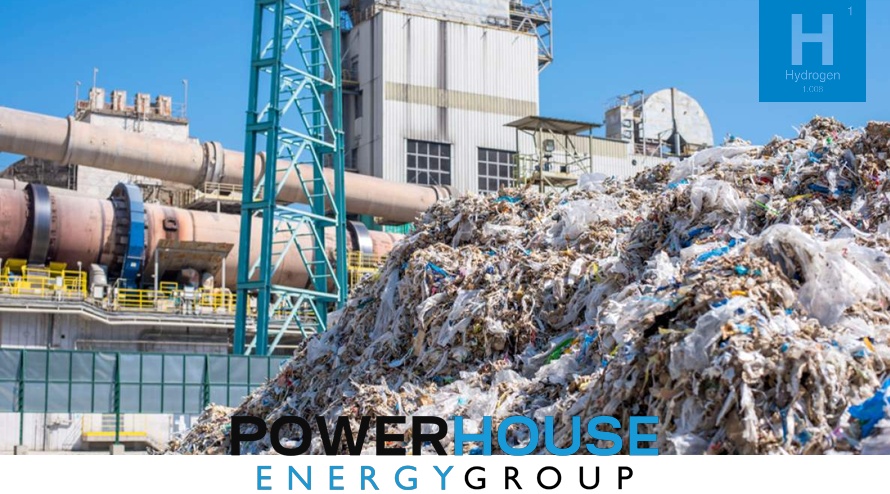
Powerhouse Energy Group Plc (AIM: PHE), a company pioneering integrated technology that converts non-recyclable waste into low carbon energy reports that a planning recorder has been appointed by the Scottish Government to review the planning permission granted for a hydrogen production facility at Rothesay Dock, West Dumbarton, as reported by PHE on 9 June 2022. The planning application was granted on the site owned by Peel Group, PHE’s development partner.
The recorder has been asked to consider the Scottish Government’s position of no support for the development of further municipal waste incineration capacity in Scotland, how the development relates to the waste hierarchy, the deposit return scheme, and a number of other matters related to the source of waste, incineration of the waste and use of the hydrogen produced.
It should be noted that the PHE DMGâ technology uses advanced conversion technologies known as pyrolysis and gasification and does not burn the waste feedstock.
Keith Riley, Interim Chairman and Acting Chief Executive Officer of PHE, commented:
“This is what is referred to as a “call-in” of the planning permission obtained by Peel. It is not yet known what the process will be from hereon. Any delay to implementation of the permission that this will cause will not impact the immediate business of PHE. Indeed, presents an excellent opportunity to clear up what is a lack of clarity in the regulations concerning the thermal treatment of wastes that use advanced thermal treatments to produce a synthetic gas from which other products are made.
“The call-in is related to the Scottish Government’s moratorium on incineration and as such the Rothesay Dock facility stands to serve as a test case in Scotland and possibly elsewhere. The laws and regulations governing thermal treatments of wastes are more or less the same throughout the UK and across Europe. In law, a thermal process that treats waste of any sort is referred to as an “incinerator”, whether it burns that waste or not. The PHE DMGâ does not burn the plastic waste, but instead converts it into another form – ie syngas and hydrogen – whilst at the same time removing some of the carbon in the waste instead of emitting it as carbon dioxide. This distinction is not properly considered under current regulations and a formal examination of the situation would help clear future regulation of these processes and give recognition to how what PHE is doing aids recycling and helps achieve a circular economy.
“If requested, the Company will assist Peel in the provision of any evidence that may be required to support the case that the planning permission should be upheld.”
Read the most up to date Fuel Cell and Hydrogen Industry news at FuelCellsWorks




